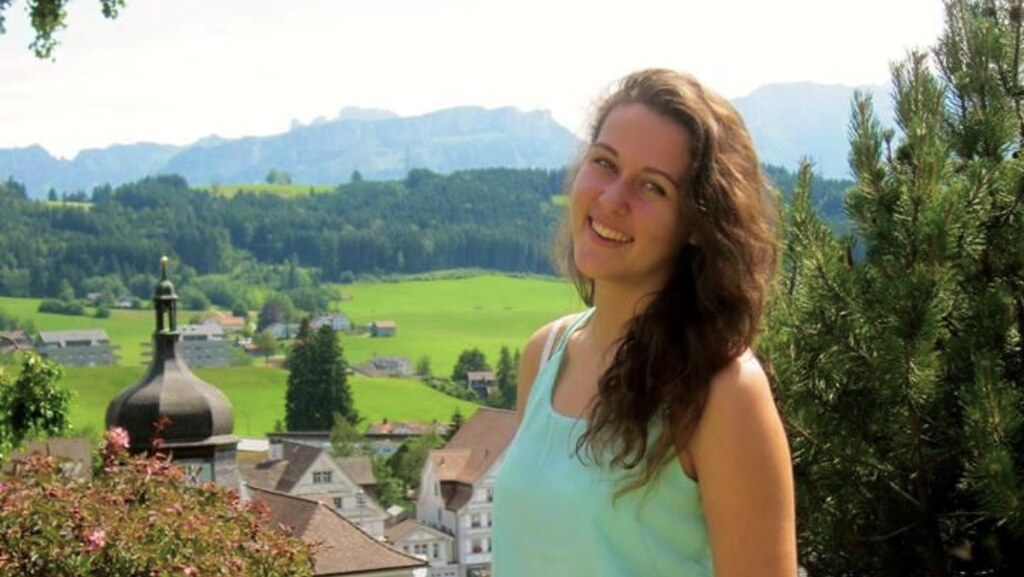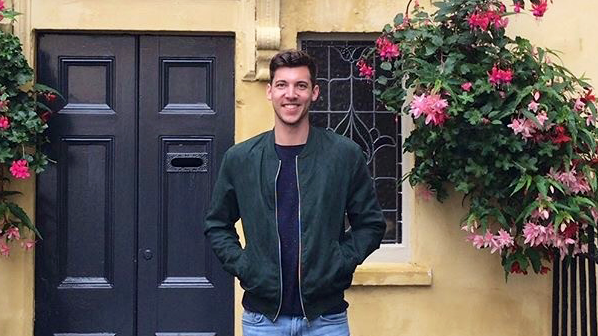Nina graduated from the first cohort of MSc Applied Psychology and Economic Behaviour in 2019.
We spoke with her to hear about how she moved into the public sector and how the course helped her shape her career goals.
Studying an interdisciplinary degree
For my undergraduate degree I really wanted to go to a campus university and live in a smaller city. Bath was already top in the country for Psychology in 2015 when I joined. Compared to other universities, the BSc at Bath focused more on cognitive psychology, which is what I was always very interested in. I also played competitive sport, so I knew that Bath had great facilities and support for that.
When it was time to choose a postgraduate degree, I wanted to study how psychology and economics interacted. Applied Psychology and Economic Behaviour explicitly combined the two, rather than just having modules on both. It also gave me the opportunity to experience different departments and lecturers at the university outside of those I’d known during my psychology degree. There was a discount for continuing my studies at Bath too, as well as options for scholarships.
The ability to actively debate how the two subjects combine helped me develop my critical thinking skills and decide which area I wanted to study further. I was also given a lot of freedom to choose what I wanted to focus on for my dissertations, which helped me engage with the subject more.
My favourite part was actually deciding on and delivering the projects and dissertations. Once I figured out what they’d be on, I really enjoyed the research process, and the mix between theoretical and empirical projects meant that I developed skills in multiple research methods. For example, engaging with the ethics process, designing my experiment, but also the in-depth literature review that I hadn’t been able to do as much in my undergrad. I still use those skills in my job today.
Embarking on a career in the public sector
I joined the Civil Service Fast Stream in Social Research when I graduated. I’ve worked for the Home Office, Ministry of Defence, and the Government Office for Science.
In my jobs, I’ve applied social and behavioural science to a variety of policy areas across government, which includes behavioural diagnoses and interventions, but also encouraging policymakers to use evidence about how people behave to shape policies.
My master’s definitely helped prepare me for these types of roles. Behavioural science is all about actually operationalising evidence to impact human behaviour and society, so the transition to the policy world didn’t seem like too much of a stretch. I was able to form more considered opinions on the value that social and behavioural science can bring because of the more discursive lectures that we had.
Behavioural science is often characterised as ‘behavioural insights’ and ‘nudge’, which I think can sometimes downplay the significant amount that other disciplines can add to behavioural science. This includes economics, but also psychology, sociology, anthropology, and the broad range of social science disciplines.
Human behaviour in society is so complicated that you can’t rely on just one approach, so having an interdisciplinary course lets you explore more angles to it.
For now, I’m really enjoying working in the public sector and the policy world, but in the future I’m interested to look more into applying social and behavioural science to more international or development settings.
Studying and living in Bath
I love Bath – I moved from a smaller city outside of the UK so I didn’t want to move somewhere too big. Bath was great for me because it was a campus university, so everything was close together; but it’s also close to major cities like Bristol, Cardiff and London without being too busy itself.
The cohort was lovely, especially as it was the first year of the master’s, so we were all discovering the content together.
My advice to anyone interested in this course:
Try to go in without expectations for what you will or won’t be interested in learning about. See what sparks your interest at the time. I thought I would struggle with engaging in the more economic theory aspects, but it actually ended up teaching me a lot about the interdisciplinarity points I mentioned earlier.
Also, start thinking about your dissertation topics early. You’ll be surprised how long it takes to really find the niche you want to occupy. You’ll be spending a long time working on it, so make sure it’s something you’re really interested in!



